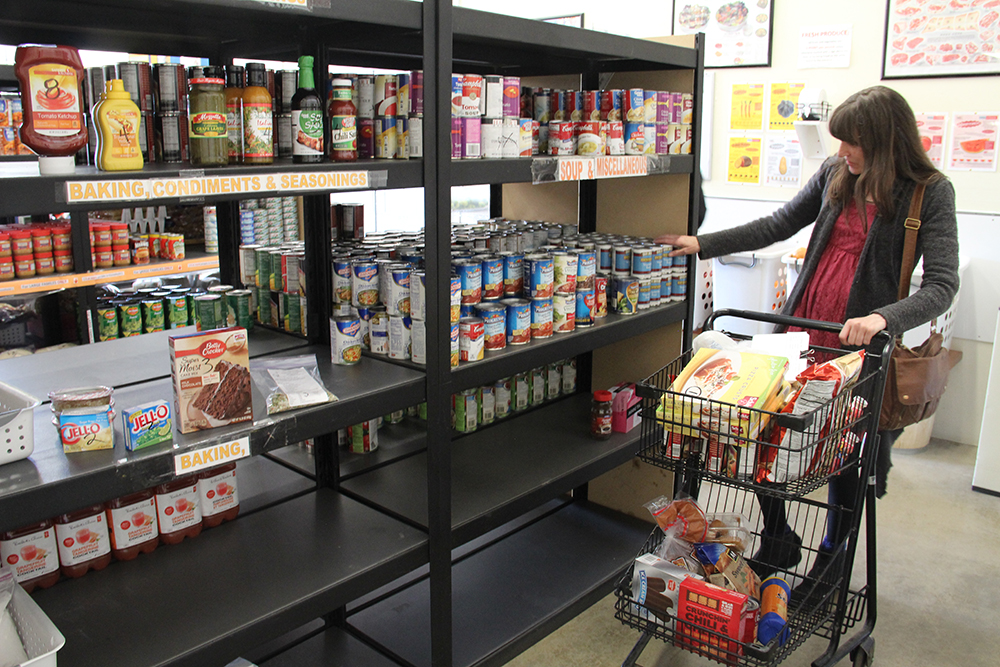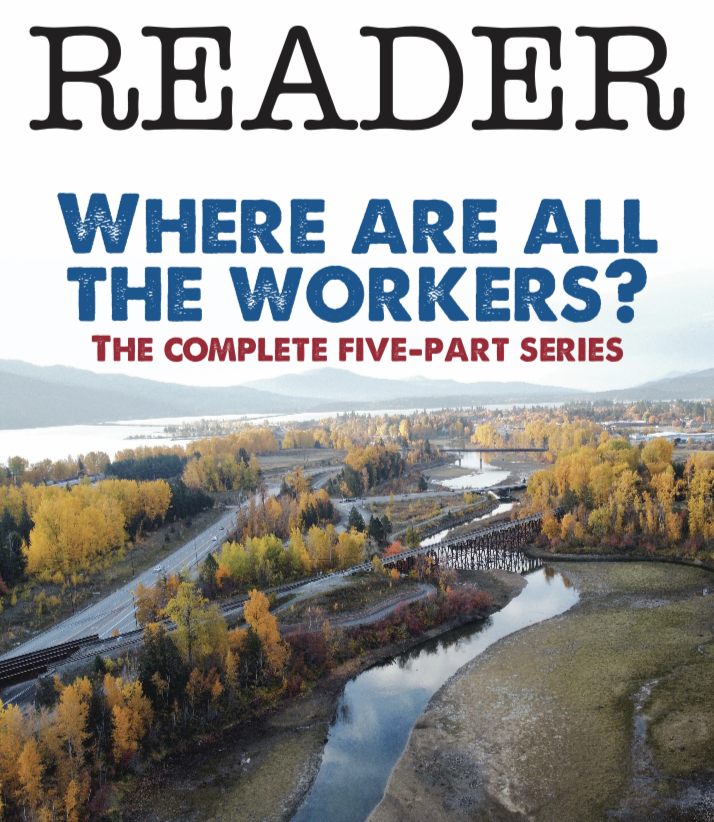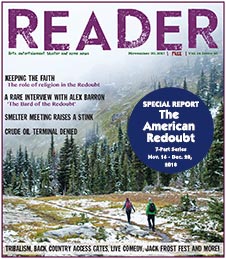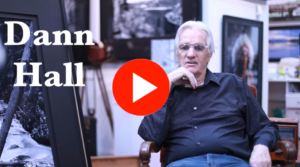The growing hunger
By Ben Olson
Reader Staff
“For now I ask no more than the justice of eating.”
— Pablo Neruda, Chilean poet and Nobel Prize winner
There is, perhaps, no worse feeling than going hungry. That’s what gives Bonner Community Food Bank Executive Director Debbie Love purpose in life: putting food on Bonner County residents’ tables when they need it.
But with the federal Department of Government Efficiency headed by Elon Musk continuing to gut funding for organizations like the Food Bank nationwide, the local nonprofit is experiencing drastic cuts to programs aimed at providing low-income and elderly residents with enough to eat.
Love fears these cuts are coming at a time when food insecurity in North Idaho is reaching alarming levels.
“Clearly life isn’t fair for many in our county and it is not fair that so many need the services of the Food Bank,” Love told the Reader. “When we are signing up 25 to 35 new households every month, that is a lot of people in our community that are finding themselves in a changing situation, needing assistance, and they all have unique stories.”
Before the COVID-19 pandemic, Love said the Food Bank served about 1,200 families a month.
“In 2020, we had an influx of people coming to the Food Bank,” she said. “Resources were slim and hard to get at that point. We had to move from getting food locally to getting it from the national level, and they would bring it in through pallets.”
The Food Bank began buying locally again in 2021, when the pandemic began to lessen its impact on daily life, but they still relied on receiving palletized food on a national level to keep up with the growing hunger in the community.
Love hoped the number of those relying on the Food Bank would decrease with time, but the opposite has been the case. This year, she saw an increase of 53%, meaning more than 3,000 families rely on the Food Bank for sustenance every month.
“Every day there’s a new family that signs up,” she said. “Sometimes multiple families on the same day. … We’re always stocking up and preparing for the worst.”
Traditionally, the Food Bank receives food commodities through the U.S. Department of Agriculture — one of the many federal departments affected by DOGE cuts. These commodities help fund their “Box Program,” which is geared toward providing food for low-income and senior residents who need it.
The Commodity Supplemental Food Program provides low-income seniors with extra food each month, while The Emergency Food Assistance Program’s name is self-explanatory: supplementing the diets of people with low income by providing them with emergency food supplies at no cost.
Love told the Reader that DOGE cuts are affecting both programs. Currently, thanks to funding freezes, the Commodity Supplemental Food Program is not accepting new signups.
“At this point, we have access to a two-month supply of this program,” Love said.
Currently, about 130 people rely on the CSFP program in Bonner County.
Furthermore, Love has noticed sharp cuts to The Emergency Food Assistance Program, affecting the amount of food received.
“We noticed this month that our quantities went from eight items to four items,” she said. “That program there is about 25% of the food we issue.”
Love shared a communication she received from the Community Action Partnership, which the Food Bank partners with for TEFAP, confirming that a much lesser amount of food has arrived.
“Between [April] and May, we were scheduled to receive seven trucks carrying a variety of commodities, which we hoped would help maintain a decent menu of items to offer,” according to what a CAP spokesperson told Love in an email. “However, due to the current climate, four of those trucks have been canceled.”
Canceled food items include cheese, pork chops, chicken legs and canned chicken. CAP was notified later that the dried cranberries they usually receive in June will no longer be coming.
“That leaves us with pasta boxes, cherry apple juice and applesauce as our primary items for the next couple of months,” the spokesperson wrote. “I truly apologize and wish there was more I could do. … What’s not coming is huge. All the proteins and dairy and nearly 100% of our clients qualify for these extra commodities ”
Love said her staff hears daily anecdotes from members of the community who rely on the Food Bank — stories that range from new moms who are the sole providers of their households coming in to sign up for assistance with tears in their eyes after having lost their job, or others who share their thanks for not having to eat oatmeal for protein after having it daily for more than a month.
“We just had a family come in where they lost their jobs, they were laid off, and they said they were grateful we were here to help them with their food, because groceries are expensive right now,” Love said. “Their budget isn’t stretching as far and they’ve had to make hard choices … between paying rent and medical bills.”
“Is it a happy thing that people need the Food Bank?” asked Food Bank case manager Susan Ferguson. “It is not a happy thing, but it is a good thing we are here.”
As federal cuts continue to hinder the Food Bank’s ability to provide services, the community organization has had to depend on more private donations and local grants to keep food on the table.
“Relying on donations alone is fragile and uncertain for sure, especially during economic instability like we’re seeing,” Love said. “We saw that in 2020 and donations picked up in 2021, but as the economy fluctuates, people tend to give less.”
For now, Love is strengthening partnerships with local grocery stores and looking at ways the Food Bank can continue to provide shelf-stable food to replace those programs eliminated or reduced by DOGE.
In the meantime, she encourages donations from those who are able to give, and she’s always happy to have volunteers help pack and distribute food so the Food Bank continues to serve those who need it.
“We are always saying everyone needs help from time to time,” Love said. “That’s what we are here for and we will weather the storm together as a community. The Food Bank is more important now than ever, to help families get through these hard times; and, when there is job loss or health crises for people, we’re here. We’ll always be here. We’ll make things happen no matter what.”
To volunteer or send donations to the Food Bank, visit bonnerfoodbank.org.











 Coming up this week! Don’t miss Live Music, the Summer Sampler, the Art Party, Monarch Grind, the Sandpoint Renaissance Faire, and more! See the full list of events in the
Coming up this week! Don’t miss Live Music, the Summer Sampler, the Art Party, Monarch Grind, the Sandpoint Renaissance Faire, and more! See the full list of events in the 